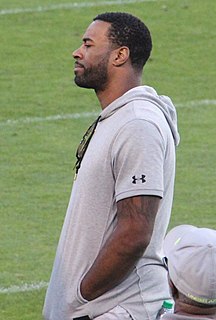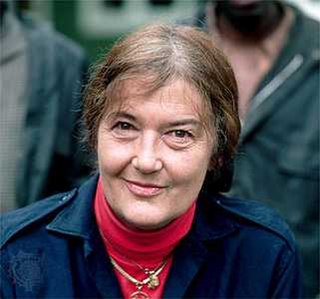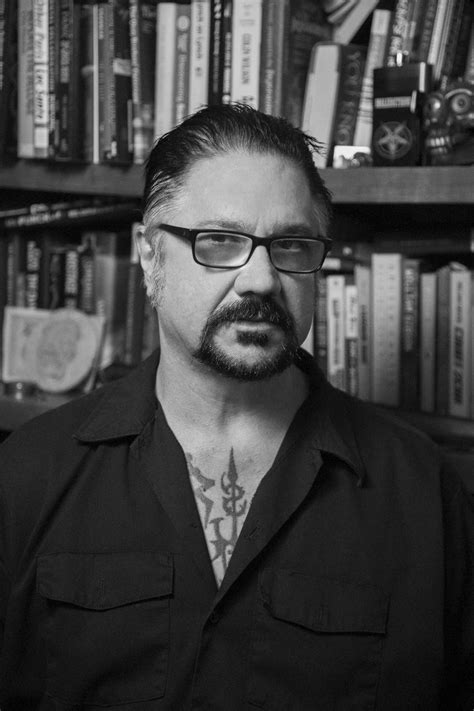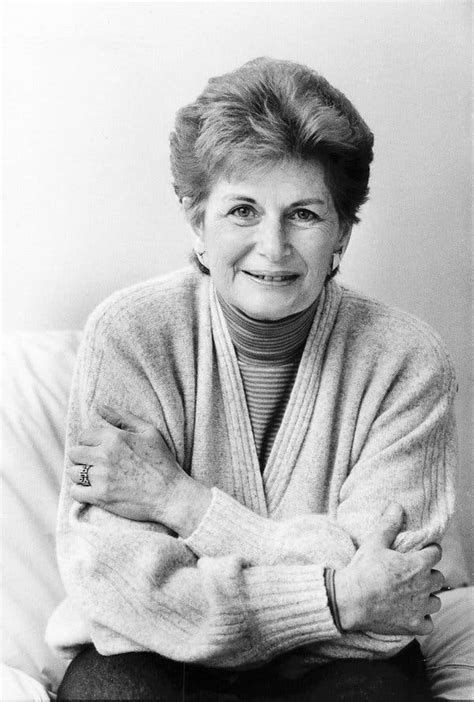A Quote by Ellen Goodman
We criticize mothers for closeness. We criticize fathers for distance. How many of us have expected less from our fathers and appreciated what they gave us more? How many of us always let them off the hook?
Related Quotes
I'm not saying that all women are blameless - all women are not. There are women with despicable characters who are cruel and terrible and some of them are mothers. But why do we blame our mothers more than our fathers? We let our fathers get away scot-free. We hardly even knew who they were in many cases, given the way this culture raises kids, and they may have been quite cruel. They may even have raped us as children, but even if they raped us, we will blame our mothers for not protecting us instead of blaming our fathers who actually did it.
It is not that fathers are better or worse, not that they are more loved or criticized, but rather that they are viewed with far less intensity. There is no Philip Roth or Woody Allen or Nancy Friday who writes about fathers with a runaway excess of humor, horror ... feeling. Most of us let our fathers off the hook.
There are among us those that would criticize our Confederate ancestors. Would you allow a stranger to come into your house and criticize your little ones? I say it's not whether we should be ashamed of our fathers and mothers of the Old Confederacy. I say it's a question of whether they should be ashamed of us.
The Americans say that we are ungrateful-but I ask them for heaven's sake, what should we be grateful to them for-for murdering our fathers and mothers?-Or do they wish us to return thanks to them for chaining and handcuffing us, branding us, cramming fire down our throats, or for keeping us in slavery, and beating us nearly or quite to death to make us work in ignorance and miseries, to support them and their families. They certainly think we are a gang of fools.
The problem I want to talk to you about tonight is the problem of belief. What does it mean to believe? We use this word all the time, and I think behind it lurk some really extraordinary taboos and confusions. What I want to argue tonight is that how we talk about belief- how we fail to criticize or criticize the beliefs of others, has more importance to us personally, more consequence to us personally and to civilization than perhaps anything else that is in our power to influence.
What we men share is the experience of having been raised by women in a culture that stopped our fathers from being close enough to teach us how to be men, in a world in which men were discouraged from talking about our masculinity and questioning its roots and its mystique, in a world that glorified masculinity and gave us impossibly unachievable myths of masculine heroics, but no domestic models to teach us how to do it.
This is where you first failed us. You gave us minds and told us not to think. You gave us curiosity and put a booby-trapped tree right in front of us. You gave us sex and told us not to do it. You played three-card monte with our souls from day one, and when we couldn't find the queen, you sent us to Hell to be tortured for eternity. That was your great plan for humanity? All you gave us here was daisies and fairy tales and you acted like that was enough. How were we supposed to resist evil when you didn't even tell us about it?
That myth--that image of the madonna-mother--has disabled us from knowing that, just as men are more than fathers, women are morethan mothers. It has kept us from hearing their voices when they try to tell us their aspirations . . . kept us from believing that they share with men the desire for achievement, mastery, competence--the desire to do something for themselves.






























